Professional Wood Pest Detection for Safe Living Spaces
Wood pest inspections are essential for identifying termite activity and other wood-damaging pests in residential and commercial properties. Professionals specializing in pest control or licensed inspectors are equipped to perform thorough assessments to protect your property.
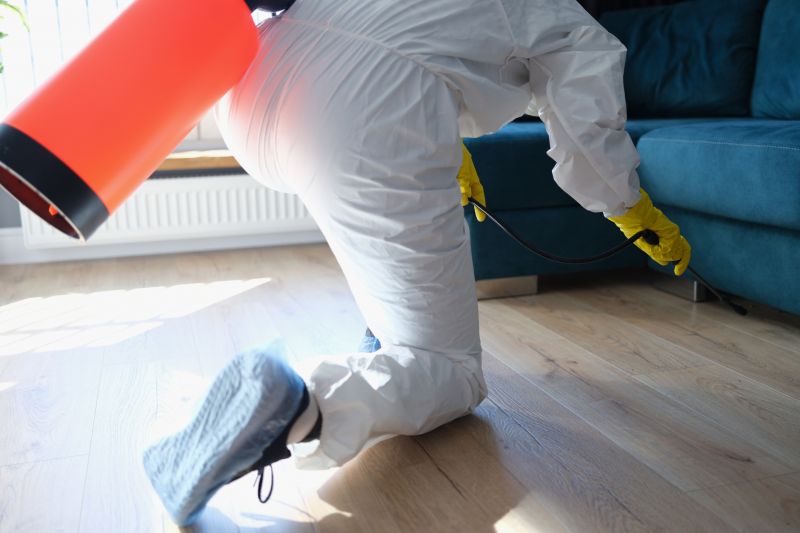
Certified pest control specialists conduct detailed inspections and provide treatment options to eliminate wood pests effectively.
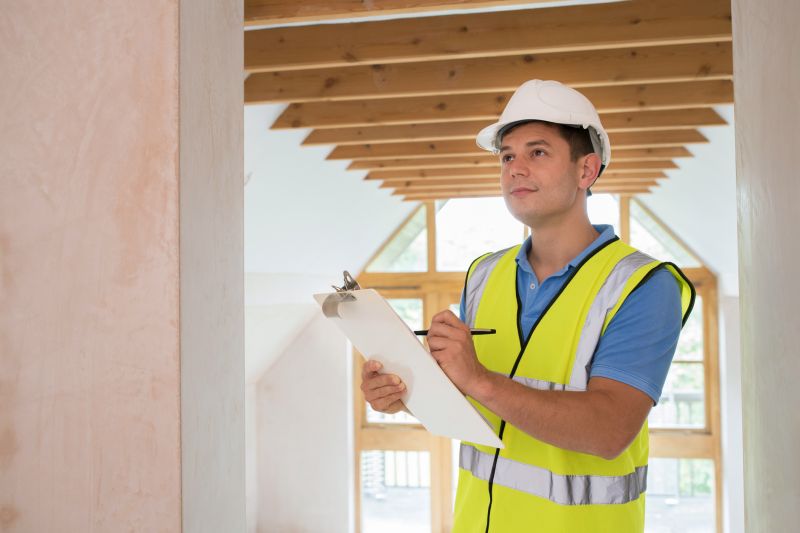
Licensed home inspectors often include wood pest inspections as part of their comprehensive property evaluations.
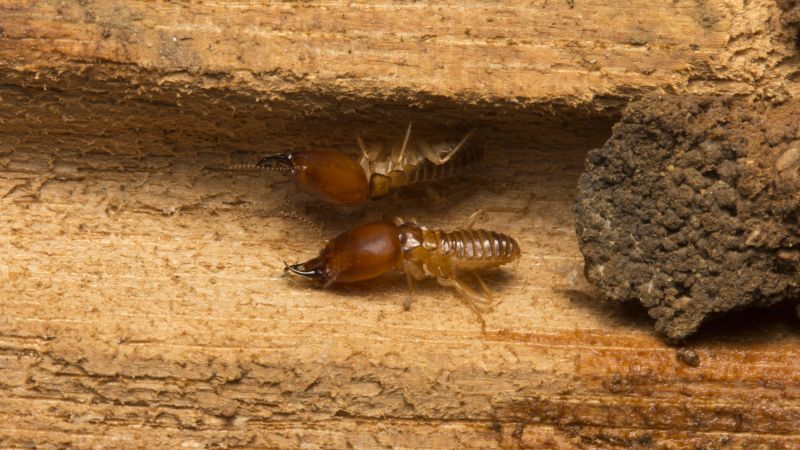
Specialists in termite detection use advanced tools to identify hidden infestations before they cause significant damage.
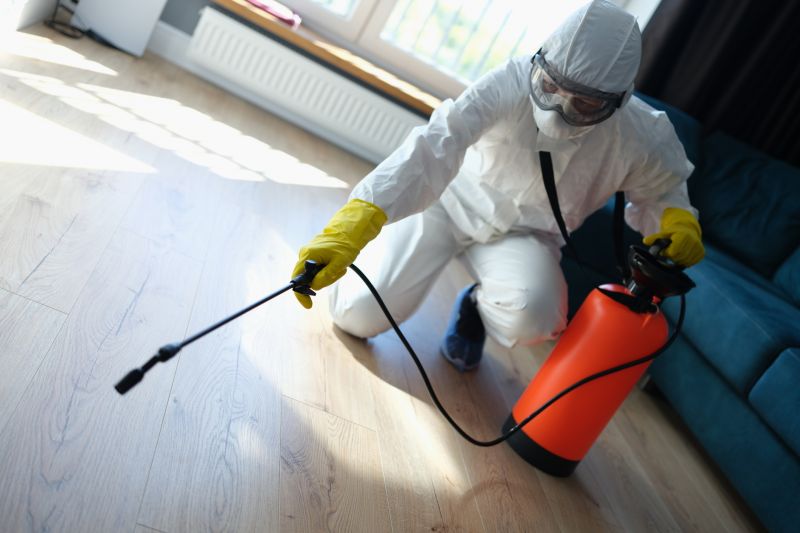
Some general contractors are trained to recognize signs of wood pests and recommend professional inspections.
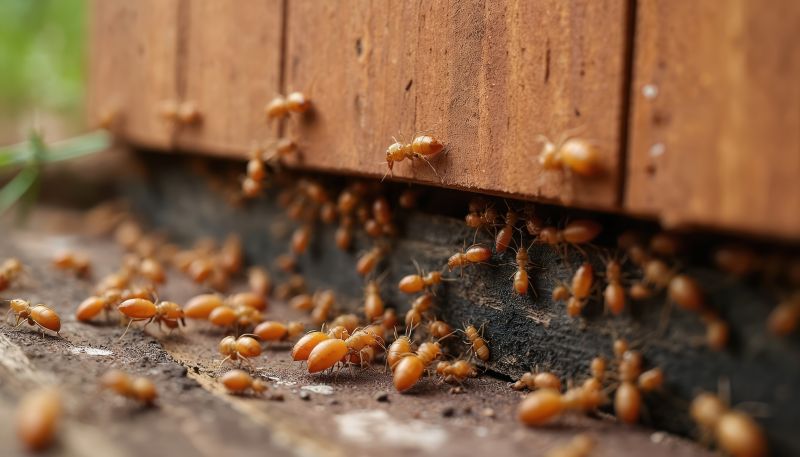
Dedicated pest inspection companies offer specialized services focused solely on identifying and treating wood pests.
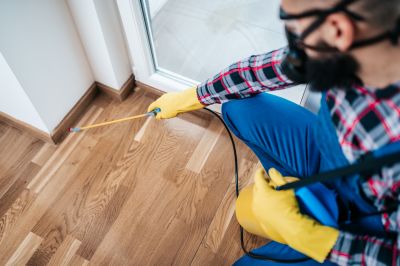
Local companies often have extensive experience with regional pest issues and provide personalized service.
A professional will thoroughly examine your property, focusing on areas prone to infestations such as basements, crawl spaces, and wood structures. They will identify signs of pests and provide recommendations for treatment or further action.
Expect a visual inspection complemented by the use of specialized equipment like moisture meters and infrared cameras to detect hidden pests.
Professionals will offer tailored treatment plans, preventive measures, and follow-up inspections if necessary.
| Service Provider | Typical Cost |
|---|---|
| Licensed Pest Control Company | $150 - $300 |
| Home Inspector | $200 - $400 |
| Termite Specialist | $250 - $500 |
| Local Pest Control Firm | $100 - $250 |
| General Contractor | $150 - $350 |
When is the best time to hire someone to do wood pest inspections? The ideal time is during the early stages of property purchase or if you notice signs of pest activity such as discarded wings, mud tubes, or damaged wood. Regular inspections, especially in spring and summer when pests are most active, can help prevent extensive damage.
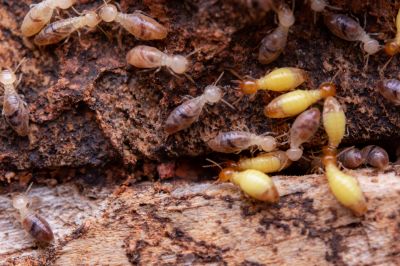
Spring is an optimal time for inspections as pests become more active after winter, allowing early detection.
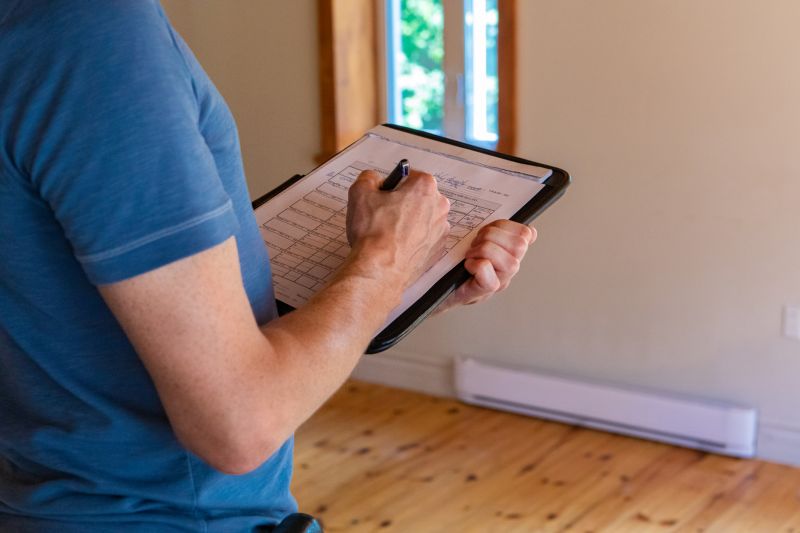
Conducting an inspection before buying a property ensures you are aware of any existing pest issues.

Regular yearly inspections help catch problems early and maintain property integrity.

New constructions should be inspected to prevent pest problems from developing unnoticed.
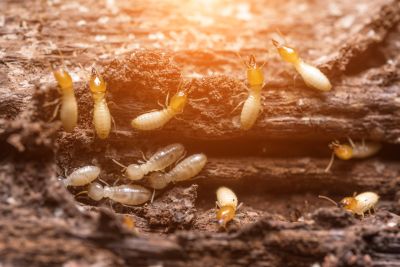
If you observe wood damage or pest activity, scheduling an inspection promptly is advisable.
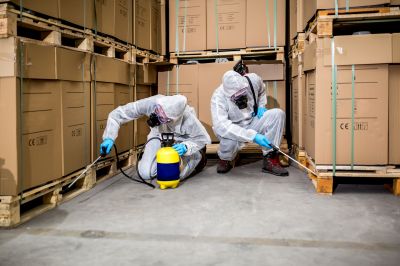
Scheduling inspections before peak pest seasons can help mitigate damage and control costs.
Protect your property by scheduling a professional wood pest inspection today. Filling out our contact form will connect you with experienced specialists who can provide accurate assessments and effective treatment plans to safeguard your investment.
